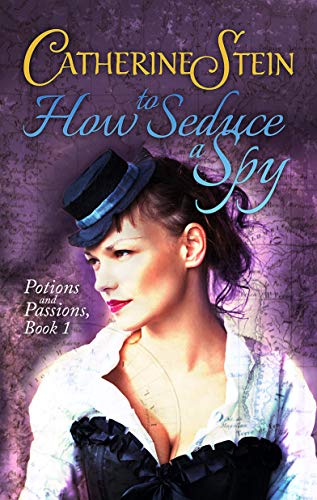
Dear readers, tonight with us is a submarine‘s captain – the son of the most famous captain the Victorian-era has ever seen. He’s here to talk to us about exploring shipwrecks, aiding the oppressed, and supporting freedom fighters, abnd about the fragile international balance of power.
Tell us a little about where you grew up. What was it like there?
I was the son of a wealthy Polish count, and my life certainly had its advantages. I received a rigorous and thorough education in Warsaw, both at schools and from Papa. My family traveled across Europe and hosted many social functions at home. But despite our wealth, Papa always showed concern for the less fortunate. He never let me and my sister forget how blessed we were, and he was a champion of the downtrodden.
Did you have any favourite toys as a child? Any cherished memories?
Papa was an engineer, and he actually made some of my toys himself. I loved spending time with him. My favourite moments were when he and I created simple toy boats out of wood, paper, and paint. In general, I just enjoyed being together as a family, whatever we did. I thought our happy life would never end—until the rebellion started and the Russians destroyed us.
What do you do now?
I am captain of the NAUTILUS, the magnificent submarine Papa built and sailed in for many years. My crew and I explore the oceans to further man’s scientific knowledge of them. We also gather wealth from sunken treasure ships of old and use it to help finance independence movements around the world. The oppressed find allies in us. Some of my activities draw (unwanted) attention from the nations, particularly Britain and America. We are no threat to them, so they should let us be.
What can you tell us about your latest adventure?
In the last couple of years, we have been significantly involved in a certain island nation’s fight for independence. We made a bit of military history in the process, I might add. After that, circumstances forced us to take on the task of confronting a dangerous man in an even more dangerous ship who was trying to bring a mighty nation to its knees. If a powerful country can be so threatened, what hope would the poor and defenseless have against such an adversary?
Continue reading “Captain Phileas Nemo (of The Lone Captain, by Lewis Crow)”





Recent Comments